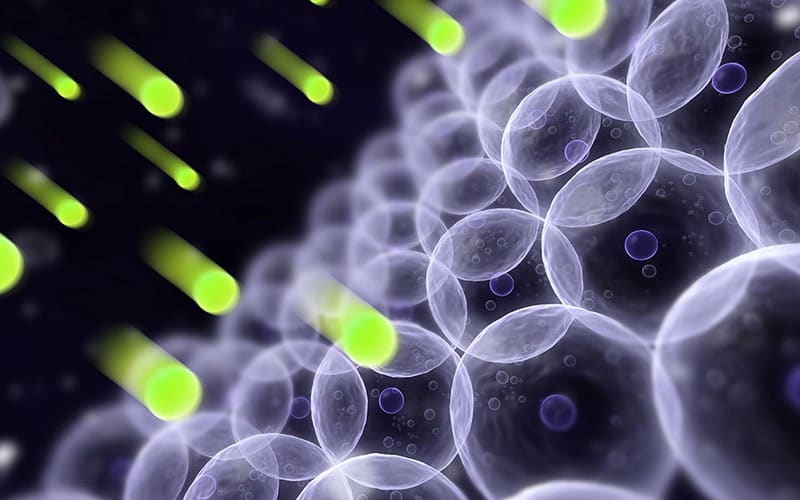Oxidative Stress

Oxidative stress occurs when there is an imbalance between the production of free radicals and the body’s ability to neutralize them. Free radicals are unstable molecules that are missing an electron. To stabilize themselves, free radicals will steal electrons from other molecules, which can damage cells and lead to inflammation.
While the exact mechanism by which oxidative stress leads to varicocele is not fully understood, it is thought to involve damage to the vascular smooth muscle cells that line the walls of veins. This damage leads to changes in vessel function and structure, eventually resulting in dilation and tortuosity of the veins. Studies have shown that antioxidant therapy can improve vascular smooth muscle cell function and prevent vein dilation.
In addition to its direct effects on vascular smooth muscle cells, oxidative stress can indirectly contribute to varicocele formation by inducing inflammation. Inflammatory cytokines like TNF-alpha and IL-6 have been shown to promote smooth muscle cell proliferation and extracellular matrix remodeling, which are involved in venous abnormalities like varicocele. Therefore, by reducing inflammation, antioxidant therapy can also improve varicocele symptoms.










